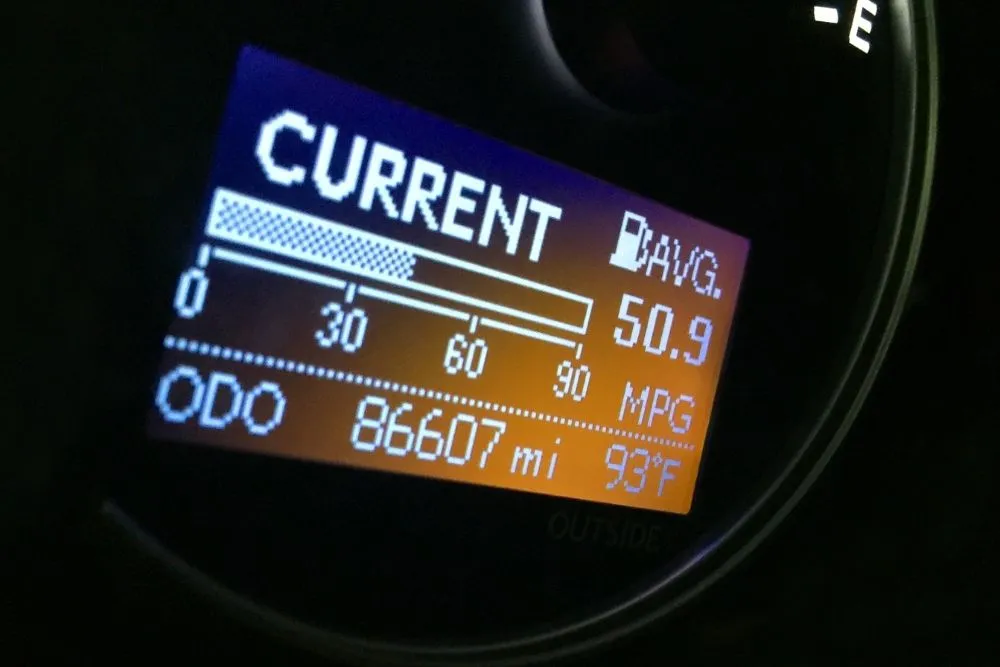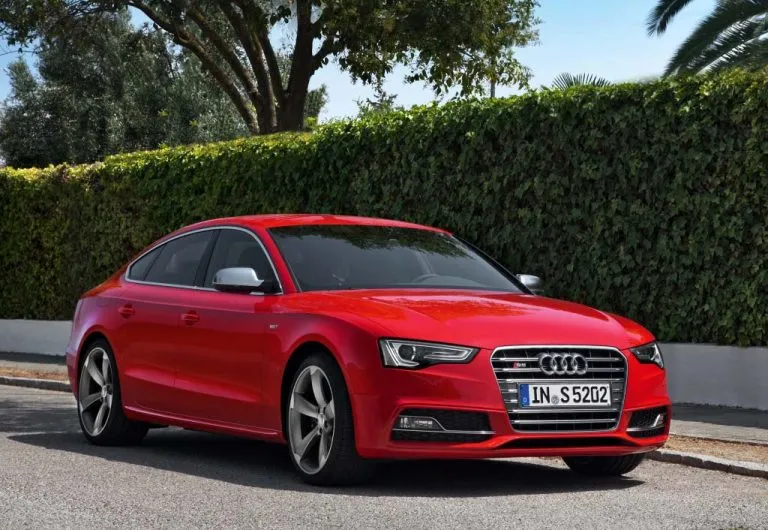What Does MPG Stand For? (Answered)
If you are buying a car, whether it is brand new or second-hand, you will need to know as much about its MPG as possible. If you have ever bought a car in the past, you have probably seen those three letters “MPG” crop up regularly.
Well, mpg simply stands for “Miles Per Gallon.” For many people, the mpg is one of the most important factors to consider when purchasing a new vehicle.
To find out what mpg is, how it is calculated, and why it’s important to consider it when buying a new car, continue reading. In today’s blog, we will be studying all things mpg to give you a better understanding and help you the next time you are buying a new vehicle.
What is MPG?
Mpg is the abbreviated term for miles per gallon. This is used to indicate the fuel economy of a vehicle whether that be your personal car or a commercial motor. Finding out a vehicle’s mpg simply helps you work out how cheap or expensive it will be run.
The higher the mpg, the better your vehicle’s fuel economy will be. For instance, if your car performs at 45mpg, that means, on average, the car will be able to travel 45 miles on every gallon of fuel that has been put into its tank.
By studying mpg figures of different vehicles, you can compare each one to find out which is the most fuel-efficient. The more fuel-efficient it is, the more money you could save. So, simply put, if a car has a fuel economy of 40mpg while another has a fuel economy of 50mpg, this means the latter model should manage an additional ten miles with the same amount of fuel.
Of course, this depends on whether the two vehicles use the same fuel. If so, the second car is the most fuel-efficient and usually cheaper to run.
The EPA (U.S. Environmental Protection Agency) is responsible for certifying all vehicle’s MPG figures. The EPA gives each vehicle three separate MPG ratings. This is because a vehicle’s mpg can be impacted by various factors. Therefore, it is not always consistent. This is why it can be somewhat difficult to retrieve accurate mpg measurements with all vehicles.

Factors that can affect the mpg include traffic and road conditions. To find an average mpg figure, the EPA runs tests over set courses. Eventually, they find an average based on the results which are translated as the vehicle’s official mpg.
The three different mpg ratings given by the EPA are:
- Highway Mpg – This is the average mpg a car travels on an open stretch of road without stopping and starting again. This is usually tested at higher speeds.
- City Mpg – A vehicle’s mpg is tested on average city roads. This includes stopping and starting at lower speeds.
- Combined Mpg – This is a combination of highway and city mpg.
In the last decade or so, the EPA has expanded its testing protocols. This is to include vehicles that are alternatively fueled such as electric models. These tests display ratings that calculate the amount of energy that is equivalent to that used in one gallon of traditional fuel. Therefore, consumers can compare the fuel efficiency of regular fueled motors with electric vehicles.
As we mentioned, mpg is a very important figure to consider when buying a vehicle. It can help you work out the difference in costs between operating different vehicles. Once you buy a vehicle, you will typically be spending quite a bit of money on fuel depending on how much and how far you drive each week.
And, when fuel prices are higher than usual (seems to be all the time), every penny counts in your budget.
Nonetheless, the mpg of a vehicle does not inform you of real-world fuel prices. That being said, it is possible to estimate how much you may spend on fuel that is at different price levels but this depends on the distance you drive regularly.
Diesel vs Petrol: Which has the better Mpg?
This is one of the most common queries when someone is considering buying a new car. Although diesel engines have had a bad wrap in recent years due to their detrimental effects on the environment, they remain a popular choice with motorists. This is because they are generally more fuel-efficient than petrol models. On most occasions, a diesel car will nearly always use less fuel than its petrol counterpart.
If fuel economy is your main concern and largest factor in buying a vehicle, diesel is widely regarded as the better choice. This is down to a higher mpg average than petrol motors.
Nevertheless, you shouldn’t choose a vehicle based on its fuel economy alone. Here are some other factors you should take into consideration:
- The cost – Diesel cars are usually more expensive to buy than petrol models.
- Depreciation – Will the car’s price plummet in the future? If so, you may lose out on a lot of money on its resale.
- Tax and insurance costs – Diesel cars tend to come with lower road taxes and the insurance can be lower. But, this depends on the model and you as the driver.
- How it drives – You can typically change gear earlier in diesel vehicles. Therefore, the drive can be more relaxing but not always as exciting as a petrol model.
- Fuel cost – Diesel tends to cost a few cents more per gallon than petrol. While it may last longer, you may have to spend more to fill up your tank.
In Summary
The Miles Per Gallon (MPG) of a vehicle is an important factor to consider, especially if you’re buying a new motor. The higher its mpg, the further it should go per gallon of fuel.
We all want to spend as little on fuel as possible. Finding a vehicle with a higher mpg is a great place to start but it’s not the be-all and end-all when purchasing a car. You need to determine other factors as we outlined above. And, you can maximize your vehicle’s fuel economy yourself by maintaining your car’s good condition, removing excess weight from the car, changing gears earlier, and traveling at lower speeds.
If there are ways to save money on fuel, we suggest trying them out!






